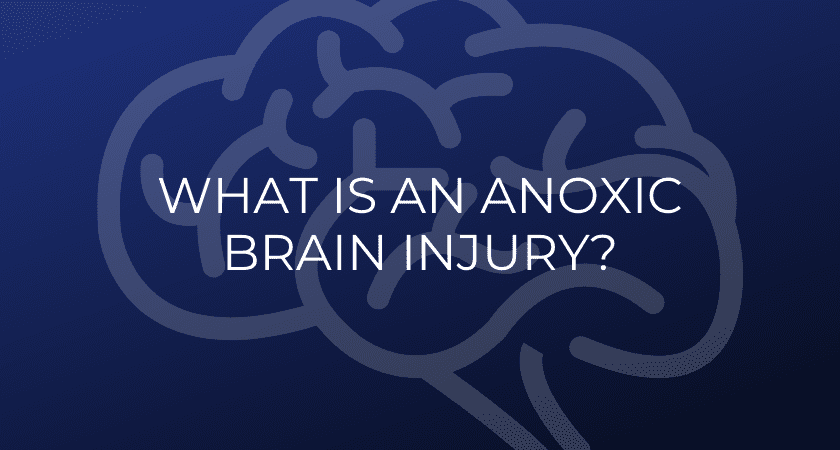During an accident, one of the most serious injuries you can endure is a brain injury. Our brain is responsible for controlling many of our body’s functions, from our thoughts and emotions to sending messages between our brain and muscles so that we can move. One of the most severe types of brain injuries you can sustain is an anoxic brain injury, which occurs when something cuts off the oxygen flow to your brain.
How Do Anoxic Brain Injuries Occur?
Our brains need a steady supply of oxygen to function. When an adverse event cuts off oxygen flow to the brain, we can develop severe complications, depending on how long the oxygen loss takes place for. The longer we go without oxygen, the more brain cells die, disrupting important bodily functions and processes.
Many types of accidents and emergencies can lead to anoxic brain injuries, including the following.
- Car accidents
- Drug overdoses
- Improper medical care or monitoring
- Drowning
- Carbon monoxide poisoning
- Cardiac arrest
Symptoms of Anoxic Brain Injury
When you sustain an anoxic brain injury, you will initially lose consciousness for a certain period of time, depending on how long you go without oxygen. Prior to the loss of consciousness, you may experience slurred speech, confusion, and loss of control of your facial muscles.
Once you regain consciousness, you will likely experience certain effects due to the brain damage, which may include the following.
- Memory impairment
- Difficulty with coordination and balance
- Headaches
- Blurred vision
- Motor skill impairment
- Difficulty communicating or forming sentences
- Depression and mood swings
- Difficulty concentrating
- Loss of bowel and bladder control
- Seizures
- Personality changes
A full recovery from a severe anoxic brain injury is rare, but it is possible to recover from a mild anoxic brain injury with physical therapy and a comprehensive treatment regimen.
Anoxic Brain Injury Complications
Anoxic brain injuries can lead to significant physical consequences. People with severe anoxic brain injury may enter a coma during the loss of consciousness, or enter a vegetative state upon regaining consciousness. Many cases of severe anoxic brain injury result in death.
In addition, anoxic brain injuries can have an impact on your daily life. You may have trouble performing simple tasks or communicating with the people around you. You may experience personality changes or mood swings that can place a strain on your relationships.
You may develop mental health conditions, such as post-traumatic stress disorder or depression. You may suffer a reduced quality of life and an inability to maintain self-sufficiency, depending on the nature of your injuries.
The financial implications can be just as difficult as the physical ones. If you suffer an anoxic brain injury during an accident, you will likely require years of intensive medical care and physical therapy, as well as disability accommodations. You may also lose wages during your recovery time, or your injury can prevent you from returning to work altogether.
Your Legal Options After an Anoxic Brain Injury
If someone else’s negligence or recklessness caused the accident that resulted in your (or a loved one’s) anoxic brain injury, you have legal options available to seek justice. You or your loved one may be eligible for compensation through a personal injury lawsuit or insurance claim, if applicable.
Contact a Bakersfield brain injury attorney as soon as possible to discuss your case and determine whether you have grounds for legal action.
